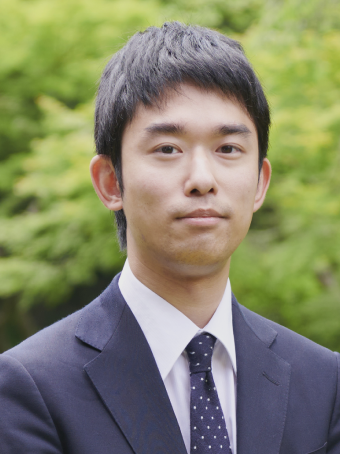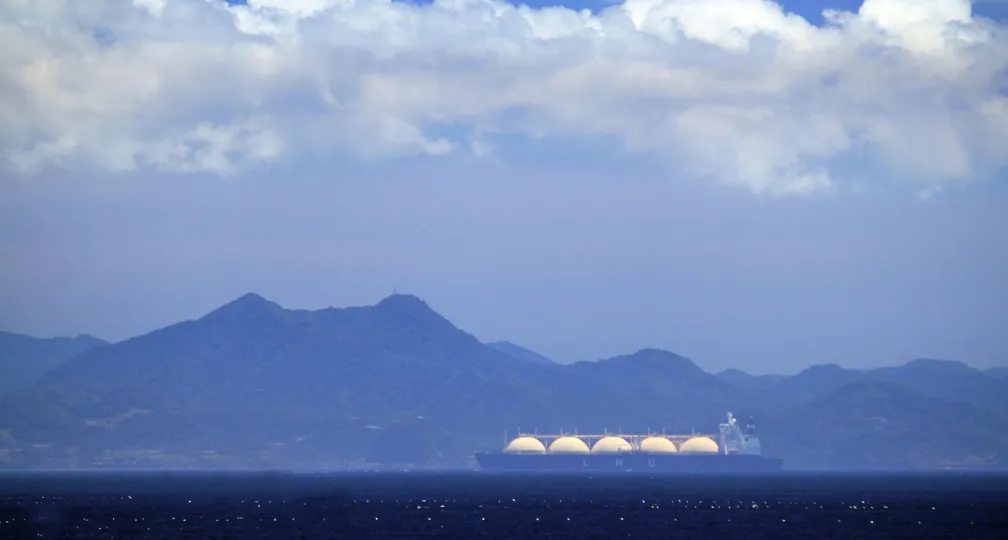解説 カナダ下院総選挙:“51番目の州”への反発と経済危機の経験が導いた逆転勝利

解説 カナダ下院総選挙
2025年4月28日、カナダで下院総選挙(定数343、小選挙区制)が実施され、マーク・カーニー党首率いる与党・自由党(中道左派)が15議席増の169議席を獲得し、過半数には3議席及ばなかったものの、第一党の座を維持した。
この選挙にはトランプ大統領の関税政策が強く影響した。トランプ米大統領は、第二次政権発足後、カナダに対して追加関税を課し、「カナダはアメリカの51番目の州になるべきだ」と発言するなど、カナダへの対決姿勢を強めていた。それに対し、3月に新たに首相に就任したカーニー氏は、報復関税も辞さないという毅然とした対応を打ち出し、国民の支持を集めた。また、カーニー首相は、リーマン・ショック時にはカナダ銀行総裁、ブレグジット時にはイングランド銀行総裁として経済危機対応を主導した実績を持っており、世界経済がトランプ政権の政策によって混乱する中、国民による同氏の経済面での実務能力への期待も急速な支持拡大の大きな要因となった。
他方、最大野党で中道右派の保守党は144議席を獲得した。前回選挙から24議席を増やしたものの、小さな政府や減税といった方針を掲げて2022年から党を率いてきたピエール・ポワリエーブル党首が落選。この結果を受けて、石油資源が豊富で保守党の牙城でもあるアルバータ州の選挙区で当選した議員が辞職し、ポワリエーブル党首がその補欠選挙に出馬して議席獲得を目指すという異例の展開となっている。また、カナダでは小選挙区制を採用しているにもかかわらず地域主義を背景に多党制となることもあるが、今回の選挙では二大政党制への回帰傾向が比較的強く見られた。地域政党のブロック・ケベコワ(33議席→23議席)、左派の新民主党(24議席→7議席、党首も落選)、緑の党(2議席→1議席)は、いずれも議席を減らす結果となった。
自由党は、トルドー前首相の辞任直前には保守党と30ポイント近い支持率の差をつけられていたが、今回の選挙ではこれを覆して逆転勝利を収めた。一方で、保守党も議席を伸ばしており、今後の政権運営において無視できない勢力であること、そして自由党が少数与党であるという構図に変わりはない。国内でいかにして政治的合意形成を図るか、またトランプ政権への対応をめぐって、カナダとしてどのようにリーダーシップを発揮していくのか。カーニー首相の政治手腕が今後大きく問われることになるだろう。

選挙は世界を変えるのか:岐路に立つ民主主義
選挙による国内政治のダイナミクスの変化は世界政治に影響を与え、地政学・地経学上のリスクを生じさせる可能性があります。また、報道の自由の侵害や偽情報の急増など、公正な選挙の実施に対する懸念が高まっているなか、今後の民主主義の行方が注目されています。本特集では、各国の選挙の動向を分析するとともに、国内政治の変化が国際秩序に与える影響についても考察していきます。
(Photo Credit: Shutterstock)


Research Fellow,
Digital Communications Officer
Yusuke Ishikawa is Research Fellow and Digital Communications Officer at Asia Pacific Initiative (API) and Institute of Geoeconomics (IOG). His research focuses on European comparative politics, democratic backsliding, and anti-corruption. He also serves as External Contributor for Transparency International’s Anti-Corruption Helpdesk, as Associate Research Fellow at the EUROPEUM Institute for European Policy, and as Part-time Lecturer in European Affairs at the Department of Economics and Business Management, Saitama Gakuen University. Prior to his current roles, Research Associate at IOG and API, contributing to its translation project of Critical Review of the Abe Administration into English and Chinese. Previously, he has worked as Research Assistant for API's CPTPP program and interned with its Fukushima Nuclear Accident and Abe Administration projects. His other experience includes serving as a visiting research fellow at EUEOPEUM Institute, a full-time research intern at Transparency International Hungary, and as a part-time consultant with Transparency International Defence & Security in the UK. His publications include "NGOs, Advocacy, and Anti-Corruption" (In Routledge Handbook of Anti-Corruption Research and Practice, 2025) and A Dangerous Confluence: The Intertwined Crises of Disinformation and Democracies (Institute of Geoeconomics, 2024). He has been featured in national and international media outlets including Japan Times, NHK, TV Asahi, Neue Zürcher Zeitung (NZZ), Handelsblatt, Expresso, and E-International Relations (E-IR). He received his BA in Political Science from Meiji University, MA in Corruption and Governance (with Distinction) from the University of Sussex, and another MA in Political Science from Central European University. During his BA and MAs, he also acquired teacher’s licenses in social studies in secondary education and a TESOL (Teaching English to Speakers of Other Language) certificate. [Concurrent Positions] Associate Research Fellow, EUROPEUM Institute for European Policy, Czechia External Contributor Consultant, Anti-Corruption Helpdesk, Transparency International Secretariat (TI-S), Germany Part-time Lecturer, Department of Economics and Business Management, Saitama Gakuen University, Japan
View Profile-
 Japan’s Sea Lanes and U.S. LNG: Towards Diversification and Stabilization of the Maritime Transportation Routes2026.02.24
Japan’s Sea Lanes and U.S. LNG: Towards Diversification and Stabilization of the Maritime Transportation Routes2026.02.24 -
 Fed-Treasury Coordination as Economic Security Policy2026.02.13
Fed-Treasury Coordination as Economic Security Policy2026.02.13 -
 What Takaichi’s Snap Election Landslide Means for Japan’s Defense and Fiscal Policy2026.02.13
What Takaichi’s Snap Election Landslide Means for Japan’s Defense and Fiscal Policy2026.02.13 -
 Challenges for Japan During the U.S.-China ‘Truce’2026.02.12
Challenges for Japan During the U.S.-China ‘Truce’2026.02.12 -
 India and EU Sign Mother of All Deals2026.02.09
India and EU Sign Mother of All Deals2026.02.09
 Orbán in the Public Eye: Anti-Ukraine Argument for Delegitimising Brussels2026.02.04
Orbán in the Public Eye: Anti-Ukraine Argument for Delegitimising Brussels2026.02.04 Fed-Treasury Coordination as Economic Security Policy2026.02.13
Fed-Treasury Coordination as Economic Security Policy2026.02.13 When Is a Tariff Threat Not a Tariff Threat?2026.01.29
When Is a Tariff Threat Not a Tariff Threat?2026.01.29 Oil, Debt, and Dollars: The Geoeconomics of Venezuela2026.01.07
Oil, Debt, and Dollars: The Geoeconomics of Venezuela2026.01.07 India and EU Sign Mother of All Deals2026.02.09
India and EU Sign Mother of All Deals2026.02.09











